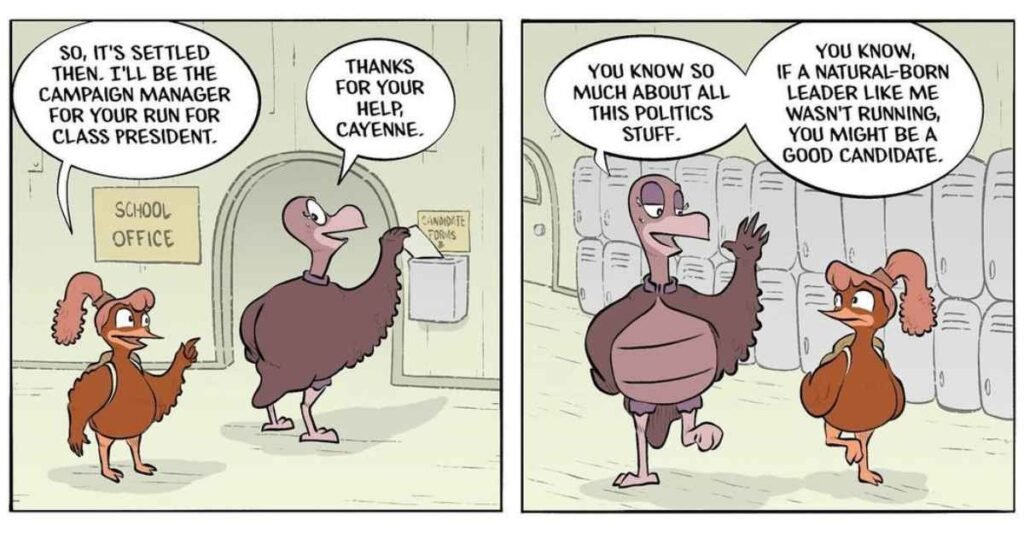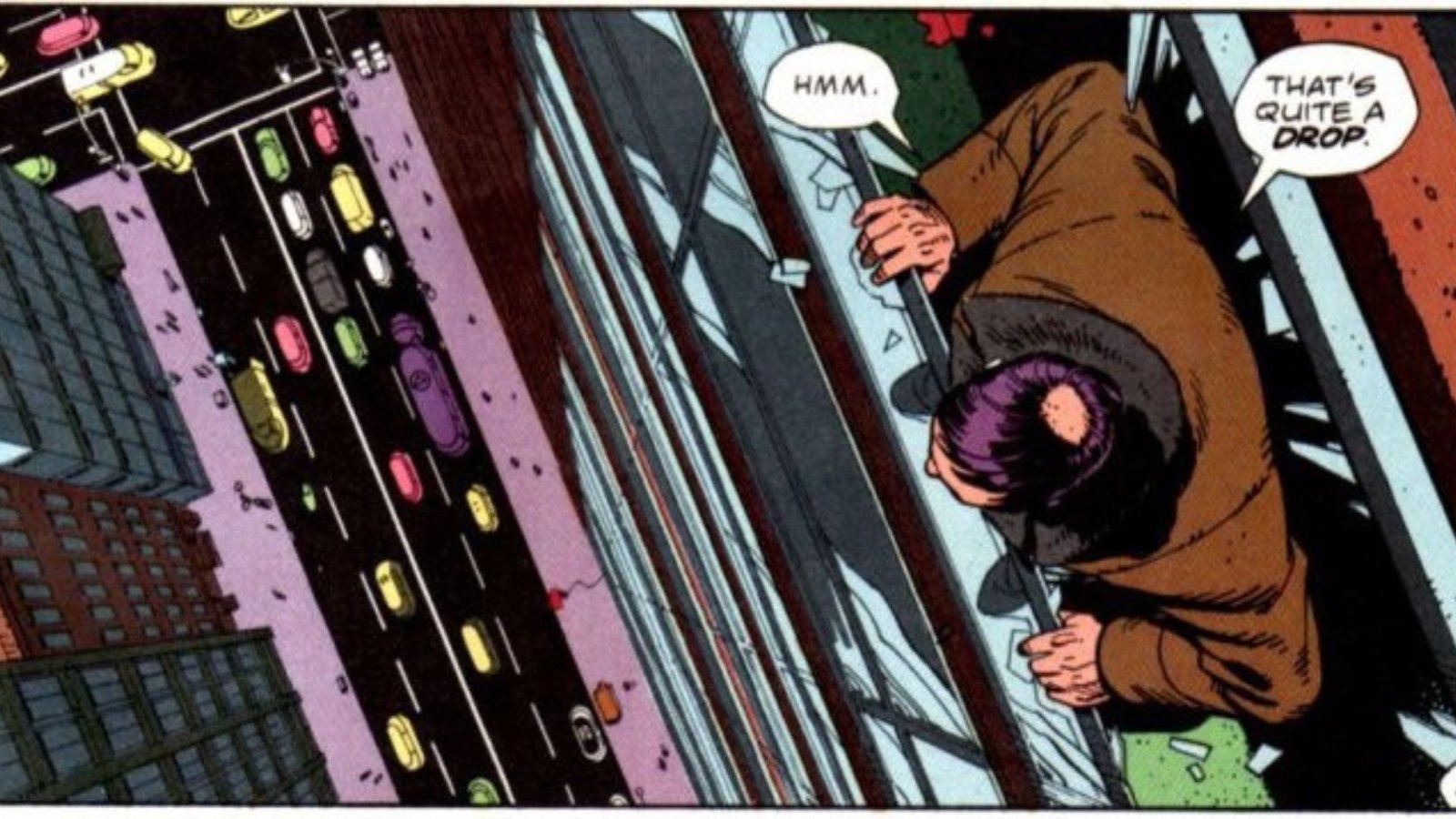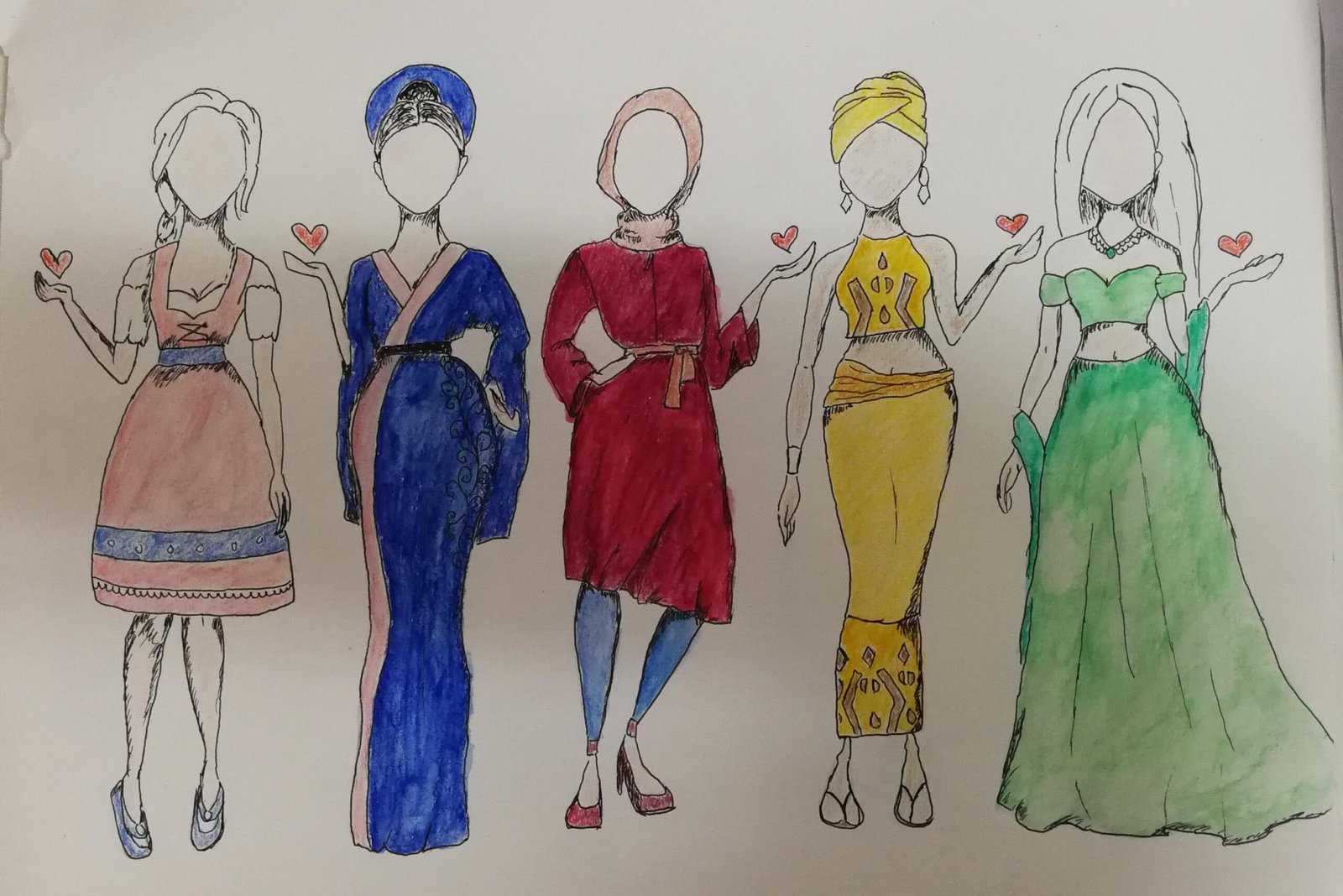Comics have a unique way of combining images and text to tell stories. One of the most important elements in comics is humor. The importance of humor in comics cannot be overstated. It adds life to the story, makes characters more relatable, and helps keep readers engaged. Humor can even bring serious topics to light in a way that makes them easier to understand. Let’s explore how humor plays such a vital role in comics.
Humor Makes Stories More Enjoyable
At its core, the importance of humor in comics is that it makes stories more fun and enjoyable. Comics are meant to entertain, and humor is one of the best ways to do that. Whether it’s a funny character, a clever joke, or a funny situation, humor brings smiles to readers’ faces. It lightens the mood and helps the audience enjoy the story more fully.
Without humor, many comics might feel too heavy or serious. Humor provides balance and contrast, especially in stories that involve intense action or dark themes. By adding moments of laughter, the comic becomes more dynamic and less one-dimensional. This is why humor in comics is essential for keeping readers engaged and entertained from beginning to end.
Humor Connects Readers with Characters
Another reason why the importance of humor in comics is so great is because it helps readers connect with the characters. When a character tells a joke or has a funny moment, it shows a more human side of them. This makes the character feel more real and relatable. Readers can see themselves in those moments and, in turn, feel closer to the character.
For example, superheroes like Spider-Man are known for their witty remarks and funny comebacks. These humorous moments help the audience connect with the character’s personality and feel like they are a part of the story. Humor shows the lighter side of a character, making them more well-rounded and interesting. This is why humor is such an important tool in comic book storytelling.

Humor Makes Complex Themes Easier to Understand
Sometimes, comics address complex or serious topics, such as social issues or personal struggles. The importance of humor in comics comes into play here as well. Humor can make difficult topics easier to understand and less intimidating for readers. By using humor, creators can approach serious subjects in a way that feels more accessible.
For instance, political cartoons often use humor to comment on important issues. The jokes and satire make it easier for readers to engage with complex topics and see them from a different perspective. Similarly, many comic book stories mix humor with drama to create a balance, helping readers process deeper themes without feeling overwhelmed.
Humor Adds Variety to the Story
Comics are a mix of action, drama, adventure, and comedy. The importance of humor in comics lies in its ability to add variety to the overall narrative. A comic that relies solely on action or drama might feel monotonous. Humor, on the other hand, offers breaks in the story, making it more dynamic and engaging.
These funny moments offer the audience relief, which is especially helpful in stories with lots of intense scenes. Imagine a comic about superheroes fighting villains. The action might be thrilling, but without a few light-hearted moments, the comic could feel exhausting. Humor provides a natural way to create ups and downs in the story, keeping readers interested and entertained.
Humor Helps Build Relationships Between Characters
In many comics, the relationships between characters are just as important as the action itself. The importance of humor in comics is also clear when it comes to character dynamics. Humor helps build strong bonds between characters. Funny moments allow characters to interact in a more relaxed, playful way, strengthening their friendships or partnerships.
For example, comic teams like the Avengers or the Justice League often have humorous interactions between characters. These moments show how well the characters work together, even during intense situations. Through humor, readers can see the friendship, camaraderie, and teamwork that exists between characters, which deepens the emotional connection to the story.
Humor Provides a Unique Voice
Comics are a place where creators can have a lot of fun with storytelling. The importance of humor in comics also comes from the fact that it gives comics a unique voice. A comic with humor often feels different from a movie or a novel because it uses visual jokes, funny expressions, and clever dialogue. These elements can make a comic stand out from other types of storytelling.
Humor allows creators to experiment with different styles and tones. Whether it’s slapstick, witty wordplay, or dry humor, the use of comedy gives a comic its personality. This creative freedom makes comics a special form of entertainment and highlights the importance of humor in their success.
The Lasting Impact of Humor in Comics
Finally, the importance of humor in comics is seen in the lasting impact it has on readers. A funny comic can stick with someone long after they’ve finished reading it. Memorable quotes, hilarious characters, and amusing situations can leave a lasting impression and even become part of popular culture. These funny moments often get shared and quoted, extending the life of the comic far beyond its pages.
For instance, many fans still remember iconic jokes or gags from their favorite comics. These moments can become part of everyday conversation, creating a deeper connection to the work. Whether it’s a memorable one-liner from a superhero or a clever comic strip, humor helps ensure that a comic’s influence lasts.
Conclusion
In conclusion, the importance of humor in comics is clear. It enhances the enjoyment of the story, helps readers connect with characters, and makes complex themes easier to understand. Humor also adds variety, helps build relationships, and gives comics a unique voice. Without humor, many comics would feel incomplete. It’s a powerful tool that creators use to bring life to their stories and keep readers engaged. Humor is essential to making comics enjoyable, memorable, and meaningful.










